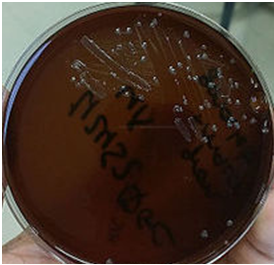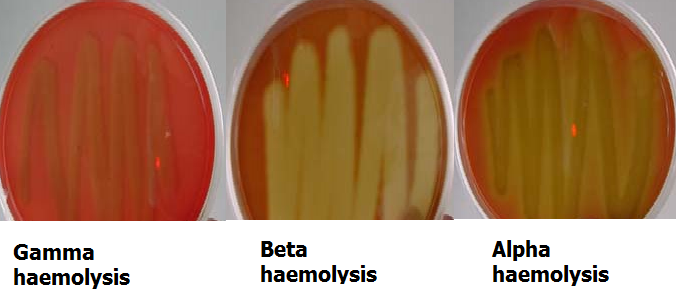DrChika
Dr. Chika Ejikeugwu (Ph.D., 2017, UNIZIK, Nigeria) is a distinguished microbiologist, researcher, and educator with an impressive international profile. He is a Fellow of the renowned Alexander von Humboldt (AvH) Stiftung in Germany and currently holds a Research Fellowship at the Helmholtz Centre for Environmental Research (UFZ) in Leipzig, Germany. His ongoing research within the soilRESIST project investigates the effects of antibiotic mixtures on soil microbiomes, addressing critical challenges in antimicrobial resistance (AMR) and environmental microbiology.
Dr. Ejikeugwu is the visionary founder and developer of Africa's leading microbiology platform, www.MicrobiologyClass.net, a widely recognized and trusted knowledge hub that supports students, professionals, and researchers across the continent and beyond. This platform has become a cornerstone in advancing microbiology education and research in Africa.
Throughout his career, Dr. Ejikeugwu has held prestigious research positions globally. He was awarded the prestigious Alexander von Humboldt (AvH) Fellowship for Experienced Researchers in 2023 and is currently conducting research on AMR in soil ecosystems at the Helmholtz Centre for Environmental Research (UFZ) in Leipzig, Germany, as a Senior Humboldt Research Fellow. Previously, he held a DAAD Postdoctoral Fellowship at the Federal Institute for Materials Research and Testing (BAM) in Berlin, Germany, in 2021, and a MIF Postdoctoral Fellowship at Kyoto University, Kyoto, Japan, in 2018. His groundbreaking work in antimicrobial resistance (AMR) earned him the esteemed Young Investigator Award on AMR from Institut Mérieux, France, in 2021. Additionally, he is a recipient of the NIH CAMRA grant for AMR research, with his project focusing on antimicrobial resistance in poultry environments.
Dr. Ejikeugwu is a dynamic member of the Global Young Academy (GYA), Germany, and holds memberships in several prominent professional organizations, including Applied Microbiology International (AMI), the European Society of Clinical Microbiology and Infectious Diseases (ESCMID), the Nigerian Society for Microbiology (NSM), and the American Society for Microbiology (ASM).
He earned his doctorate in Pharmaceutical Microbiology and Biotechnology and serves as a Senior Lecturer and Researcher at Enugu State University of Science and Technology (ESUT), Nigeria. In this role, he is deeply committed to mentoring undergraduate and postgraduate students, fostering their academic development, and nurturing the next generation of microbiologists. Driven by a passion for teaching, cutting-edge research, and community development, Dr. Ejikeugwu continues to make significant contributions to the global microbiology landscape.










